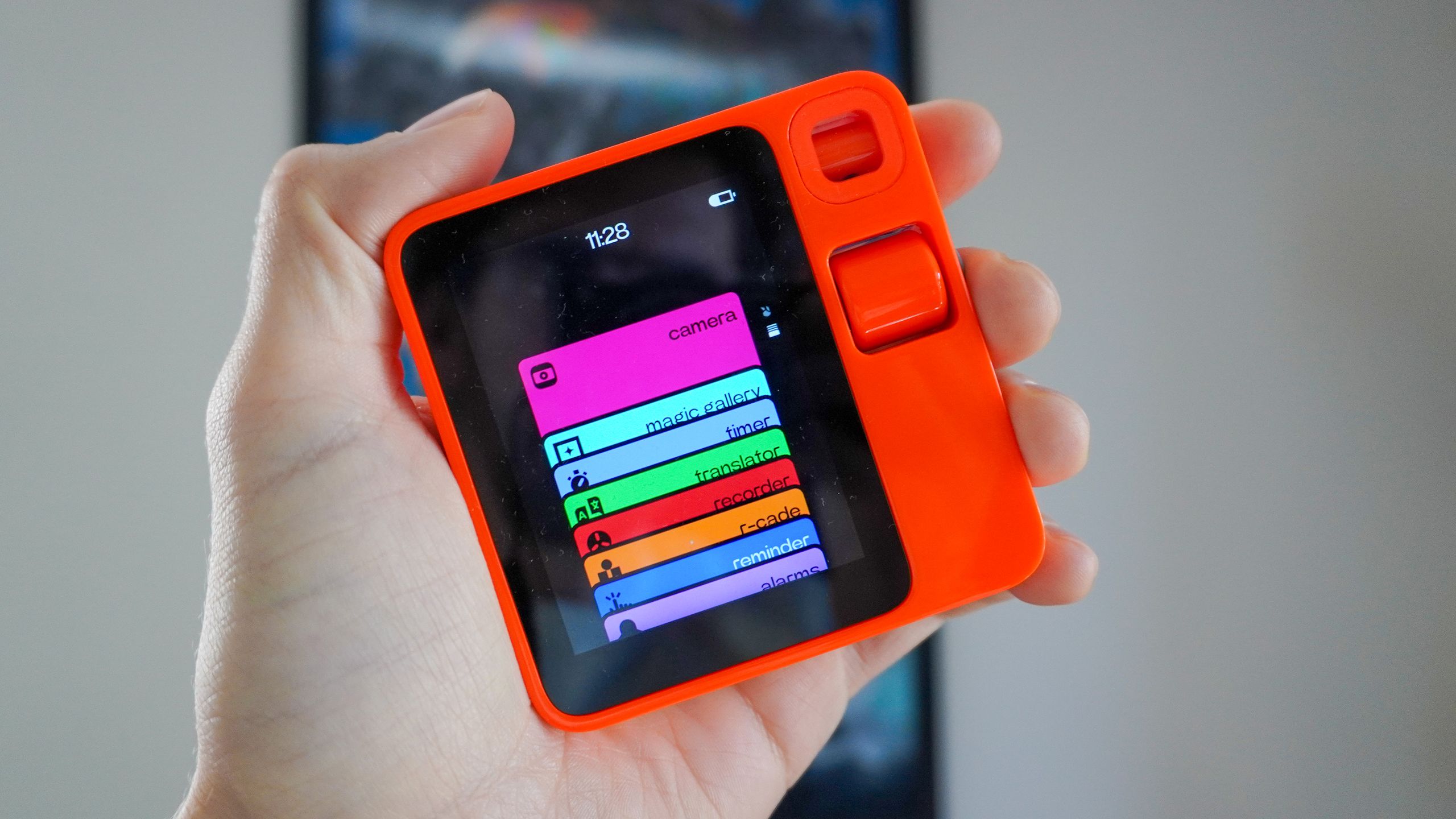Copyright Fast Company

BY Bree Groff Nobody sitting with perfect posture in a room of button-down shirts, looking at a slide that says “leverage strategic capabilities,” is doing their best work. They’re just not. You know what they’re doing instead? They’re nodding pleasantly, wondering the last time they went to the bathroom, and trying to figure out when to jump into the conversation with an agreeable, jargon-filled platitude. This is good for no one. I have been a management consultant for over a decade, serving many Fortune 500 clients, and I have spewed my share of jargon. I understand the instinct. We want to telegraph our competence and we want to fit in, and therefore, we put on “business theater.” Subscribe to the Daily newsletter.Fast Company's trending stories delivered to you every day Unfortunately, when we perform, people can often tell. Take Princeton researcher Daniel M. Oppenheimer’s landmark study, cleverly titled, “Consequences of Erudite Vernacular Utilized Irrespective of Necessity: Problems with Using Long Words Needlessly.” He found a consistent negative relationship between language complexity and judged intelligence. In other words, unnecessary jargon makes us sound dumb. This kind of “performative professionalism” is harming how we’re perceived, but it also harms our ability to truly connect with others. No doubt, connection is critical for business performance. Gallup’s research shows that employees with a best friend at work are significantly more likely to engage customers and internal partners, get more done in less time, support a safe workplace, innovate and share ideas, and have fun while at work. It’s also critical for our own happiness given more than half of Americans are considered lonely. Whether it be jargon, dress, platitudes, or generally making our work look “like how we’ve always done it,” it’s all a form of muting ourselves; rounding our corners. Sure, we may feel like we fit in if we equate “fitting in” with “blending in,” but often that’s not truly what we’re after—we’re after connection. And it’s very hard to connect if you don’t first let others see who you are. For clarity, the problem has never been with professionalism in its truest sense—doing high-quality work, on time, with kindness and decency (which, for the record, has absolutely nothing to do with the fabric of your pants). The problem has always been in the performance—the tamping down of our humanity, creativity, and the confidence to say the company strategy needs an actual point of view, rather than rolling out “Our strategy is to exceed our KPIs and outperform for our shareholders.” I’ll admit it’s hard to break free from these norms. I have done an “in my head” eyeroll many times in jargon-filled meetings (I’m like 90% sure they were in my head) and then added more jargon myself. It felt easier to play along. But the more I’ve given up the game—the more I’ve simply, kindly, clearly said what was in my head; the more I’ve worn T-shirts to work; the more I’ve shared openly about my life with colleagues and been genuinely interested in theirs—the happier I’ve become. Have some people judged me for it? Thought I was too casual? Maybe. Oh well. I will gladly take their judgment in exchange for my comfort. If you, too, are feeling the urge to unbutton that top button (or maybe you’re reading this in sweatpants and are ready to get others on board), here are five ways to experiment with being less “professional” at work: Run the alien test. Like a fish unaware of the water it’s swimming in, it can sometimes be hard to spot the performative professionalism around us. It can help to ask, “If an alien from an advanced civilization were to observe this norm or behavior, would it make sense to them? Or would it seem silly?” For example, aliens would see the merit in wearing comfortable clothes to keep us warm at work, but would not see the point in ties. “Dangly nooses to appear smart? Very odd.” Getting rid of the pomp and circumstance allows us to connect with others under our facades; it tells others that they can also be themselves; and it saves a lot of time, money, and discomfort! Has anyone ever liked paying for dry cleaning? Talk like a human. Instead of saying “leverage” say “use.” Instead of “action item” say “to do.” Even “employee engagement” is little more than “human happiness” in a suit. For one day, put a note next to your computer that says “dejargonify” and see if you can go the whole day without using terms that would end up on business jargon bingo such as “circle back.” And simultaneously, experiment with sharing your perspective with more clarity and confidence (e.g., “What I see is . . .”) When we stop worrying about sounding smart and impressing each other, we can focus on actually being smart—on sharing profound ideas, simply stated, rather than mediocre ideas, elaborately cloaked. Humanize your space. Whether you work in an office, at home, or in another setting, experiment with changing the visual cues around you to make you feel more yourself. You might have fidget toys, an old-fashioned fountain pen, or maybe a cozy blanket on your chair. Photos and trinkets that remind you that you are more than an employee can help ground you throughout the day. These items will not only make you feel more grounded, but they’re conversation starters for others to get to know you as well. Dress for joy. For the same reason you wouldn’t show up to a wedding in a tracksuit, it’s smart to be aware of your organization’s norms around dress. And yet, it might be worth pushing a boundary or two. Try dressing first for joy, comfort, and function. What colors make you happy? What items make you feel best about your body? What clothes help you do your best work? Even if you work in a hyper-professional environment, you can always experiment with a fun sock. Because feeling good in our clothes takes us a bit closer to feeling good in our skin. And while there’s a business case to be made—happy employees are up to 20% more productive—to me, the more compelling case is that when we’re happy . . . we’re happy. And that’s plenty a goal unto itself. Model humanity. So often we feel the need to show up “professionally” because that’s what we see others do. If we want to shift the culture, then the best place to start is by shifting what we model for others. If it feels safe, experiment with showing up to a meeting with wet hair. Maybe you exercised, showered, and jumped on the call because you didn’t want to sacrifice your health for the sake of professionalism. Or perhaps you eat during a meeting if you’re hungry. Share a little about what’s happening in your life outside work. In doing so, you’ll cultivate a workplace where people don’t feel the need to hide their humanity, their needs, and alongside those things, the best of themselves. Show yourself and others that we can be humans at work. Because we are. The early-rate deadline for Fast Company’s World Changing Ideas Awards is Friday, November 14, at 11:59 p.m. PT. Apply today. ABOUT THE AUTHOR Bree Groff is a transformation expert, author of TODAY WAS FUN: A Book About Work (Seriously) (Page Two; July 15, 2025), and Senior Advisor to the global consultancy SYPartners More



